New Delhi: Two years ago, after the death of her husband, Hardeep Kaur and her family shifted to Delhi’s Tilak Nagar with the help of the city’s Guru Arjun Dev Ji Gurdwara. The 40-year-old widow stays in Galli No. 5 of Krishna Park with her 12-year-old daughter and 17-year-old son.
Her husband Rawal Singh Partan was among the 19 Afghan Sikhs killed in the Jalalabad suicide attack of 2018. The family then thought they’d have a better life in Delhi, but two years later, surviving in Delhi has been very difficult for the family.
Kaur tells ThePrint that she is happy to be with her children, but it is tough for them to meet daily needs. Her daughter Komaldeep cannot attend school because of financial problems, and during the lockdown, her son lost his job. She depends on the gurdwara or her relatives for help.
Since the attack on the Gurdwara Har Rai Sahib in Kabul’s Shor Bazaar area on 25 March 2020, many Sikh families living in Afghanistan have been requesting to leave the country as they continue to face security threats. The Indian government has been facilitating the arrival of Afghan Sikhs and Hindus in the country.
A new chapter in India
Gorjeet Singh was in the first batch to arrive from Afghanistan with his family on 26 July. He had lost his father in the 25 March attack. His family has been living in Afghanistan for ages, but he said, “My family was not safe there. We wanted to have a simple life, where my children can go to school, my wife can roam freely without any fear and does not have to wear a burqa.”
Surjeet Singh, who reached India on 14 August said, “We cannot go back to that country anymore. We want to see what the future holds for us here in India.”
ThePrint’s Manisha Mondal and Urjita Bhardwaj visited the Gurdwara Shri Rakab Ganj Sahib in Delhi to meet some of these evacuees who are settling in India. They also met relatives of Afghan Sikhs who died in the Jalalabad attack.
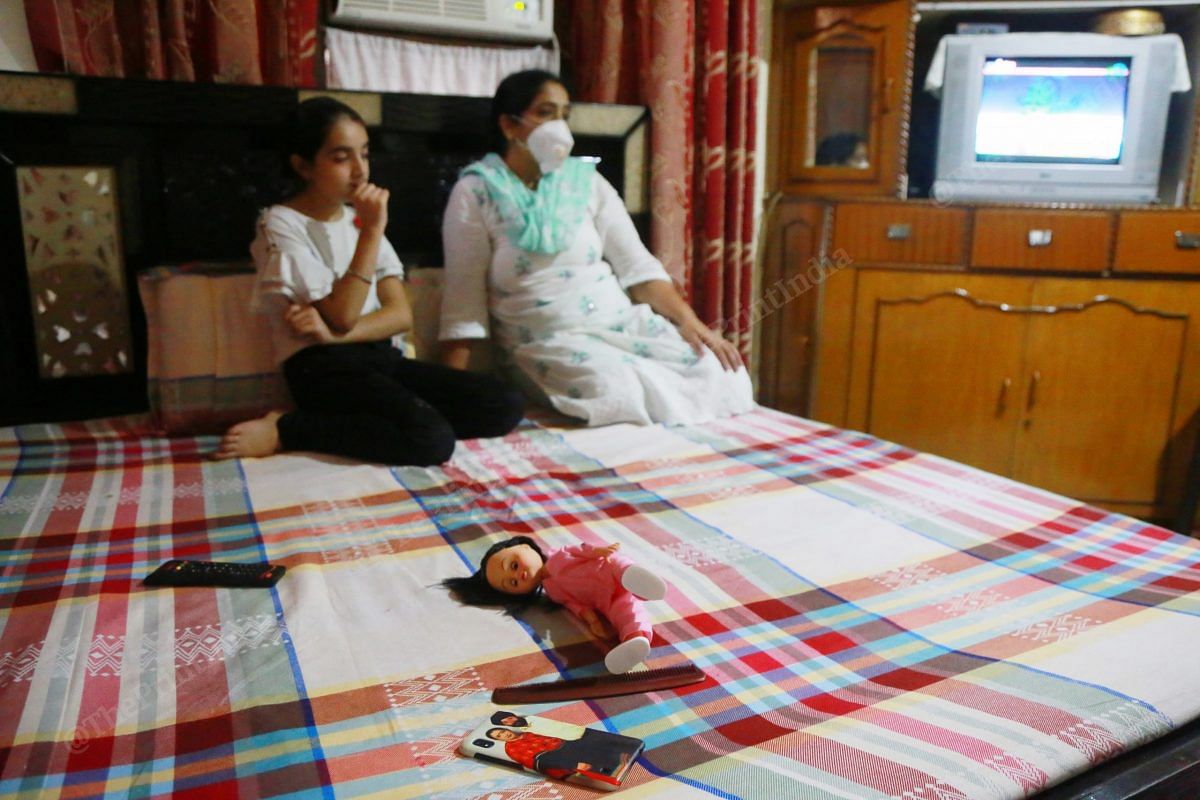
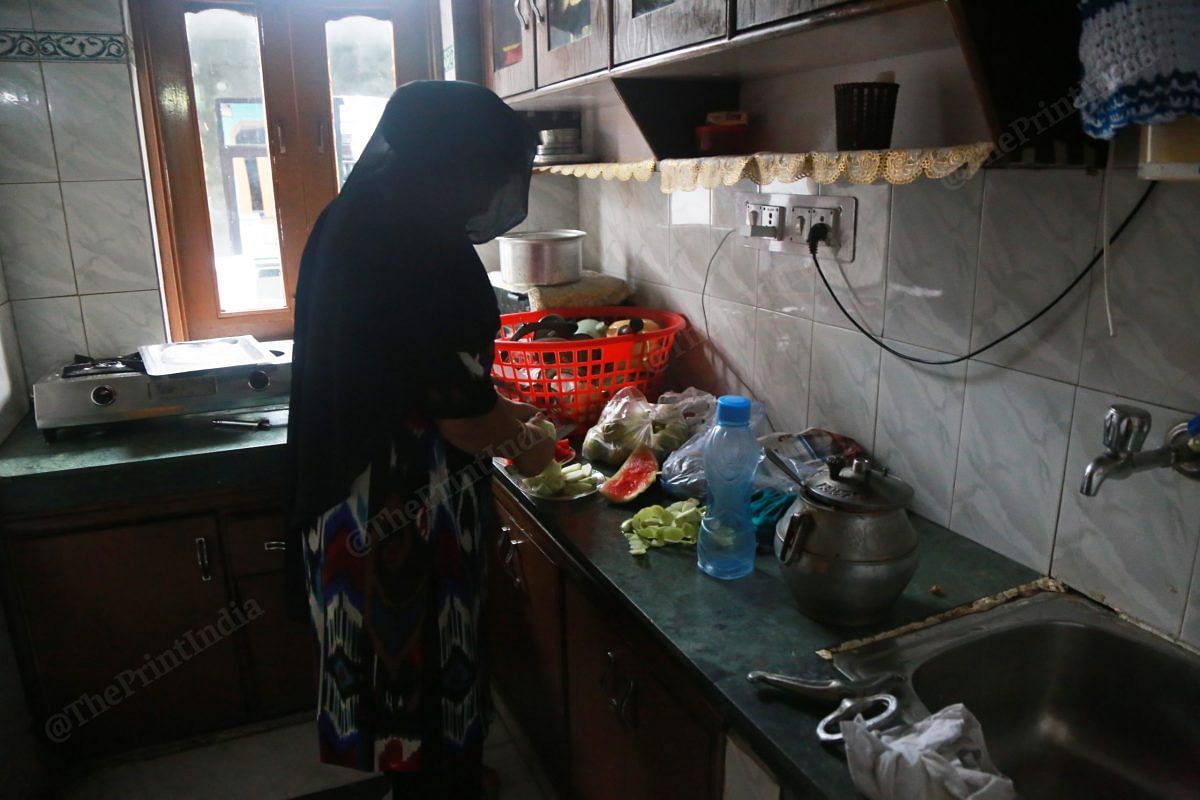
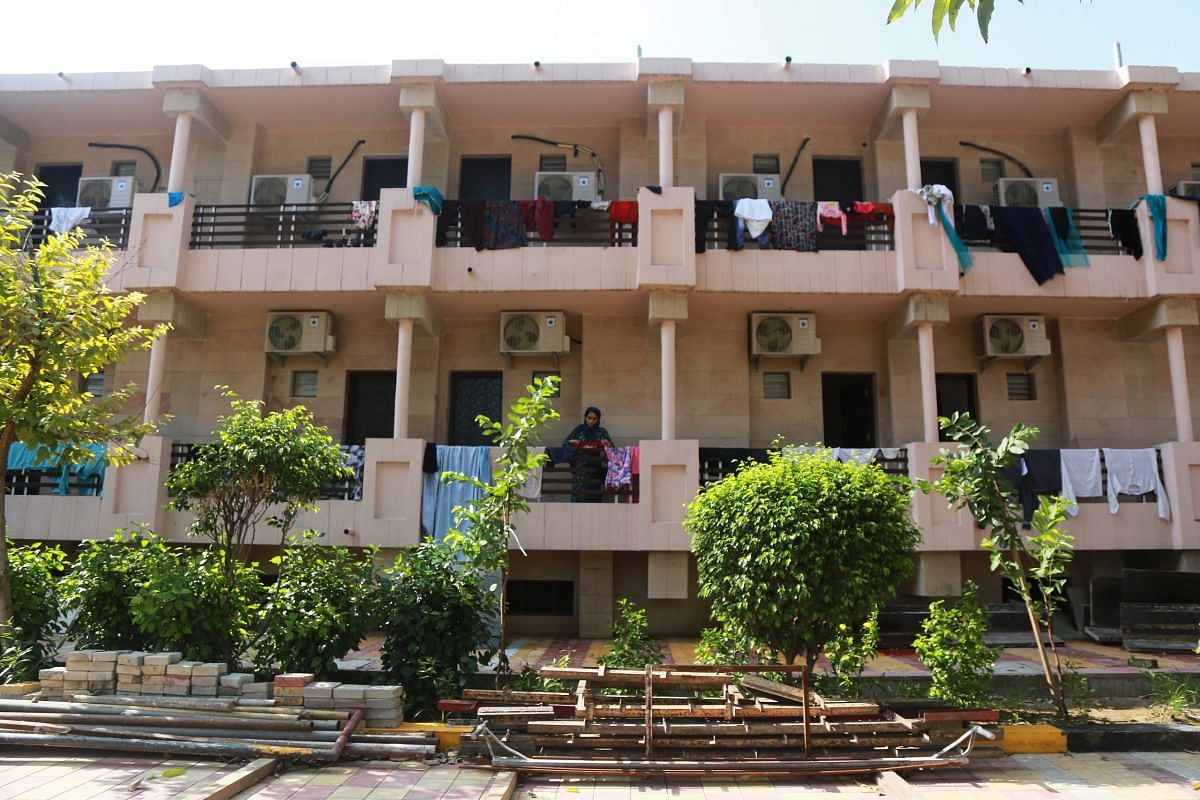
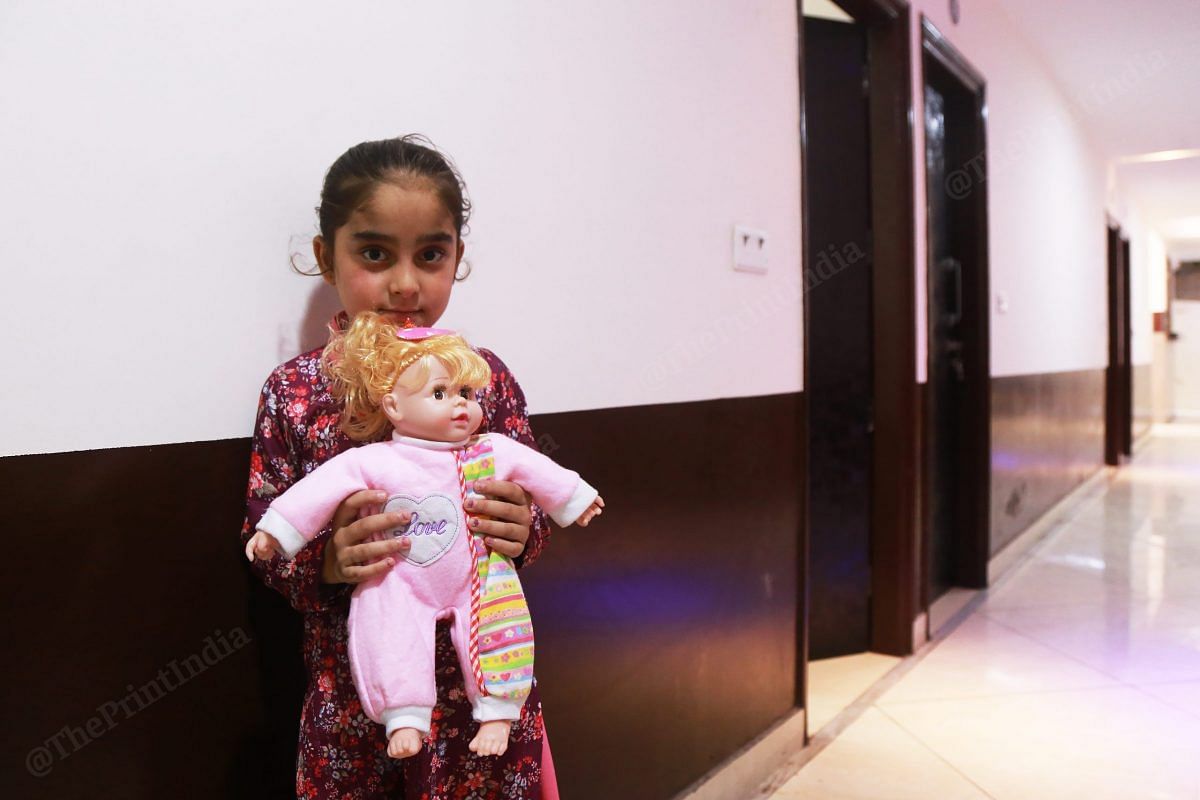
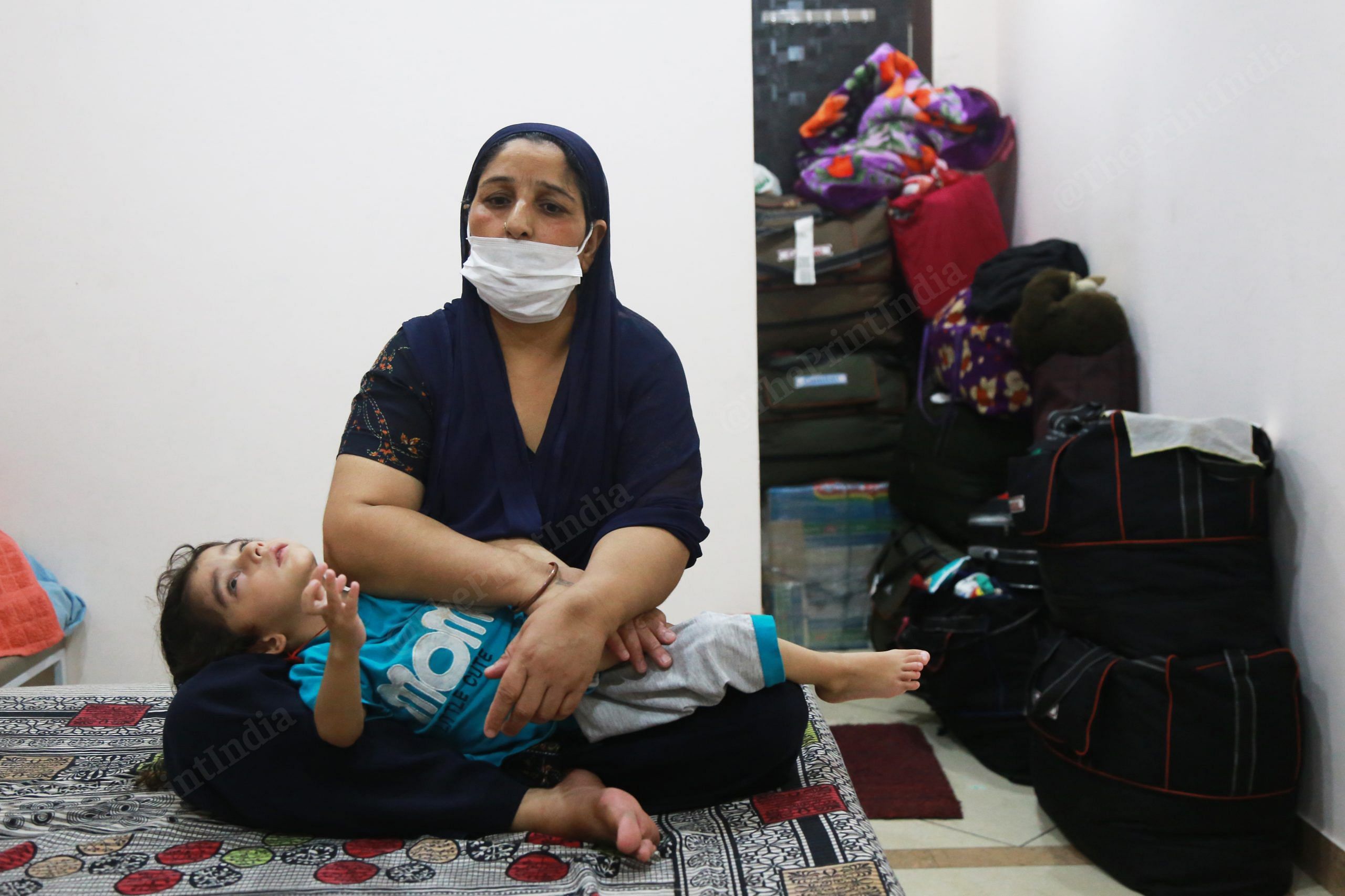
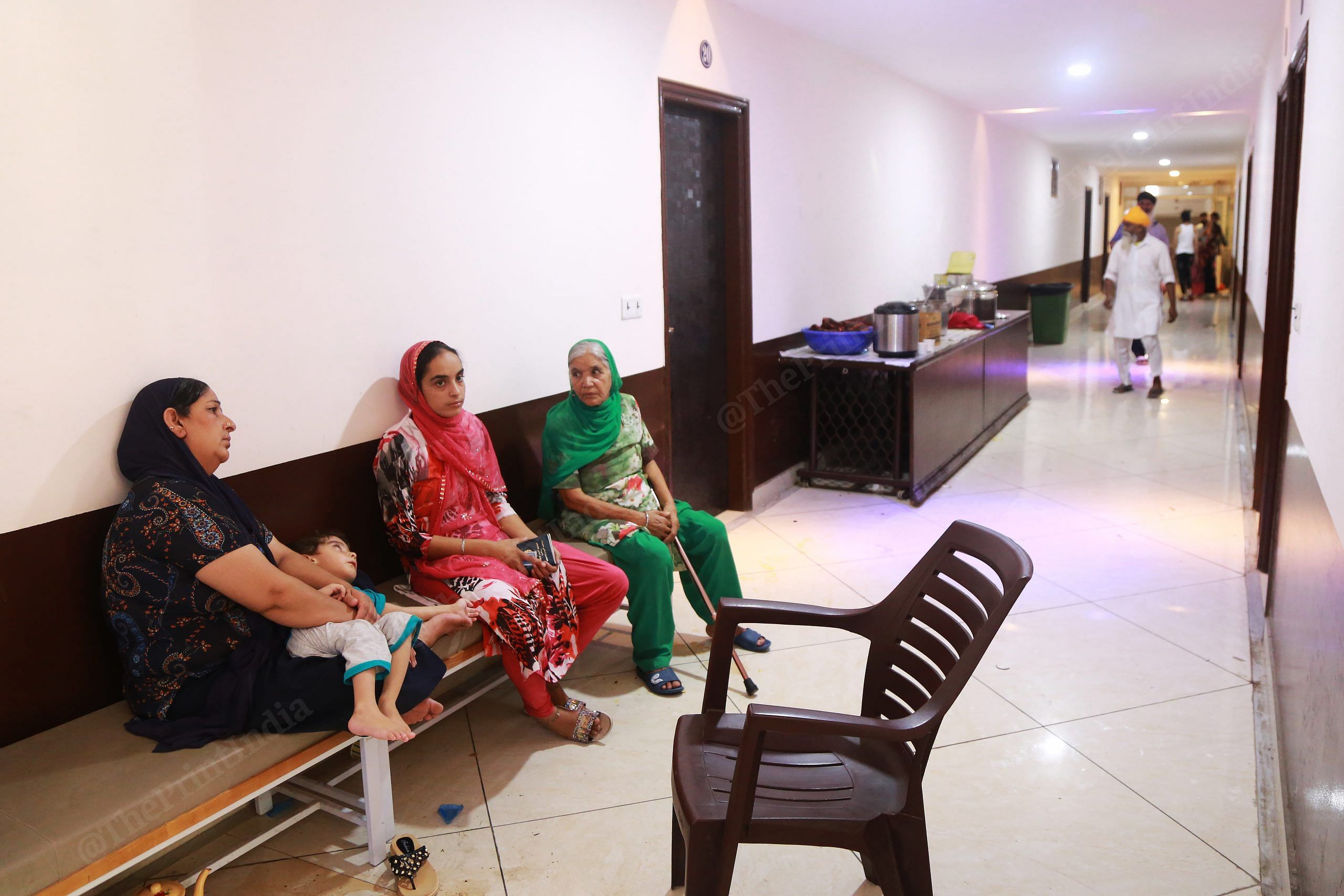
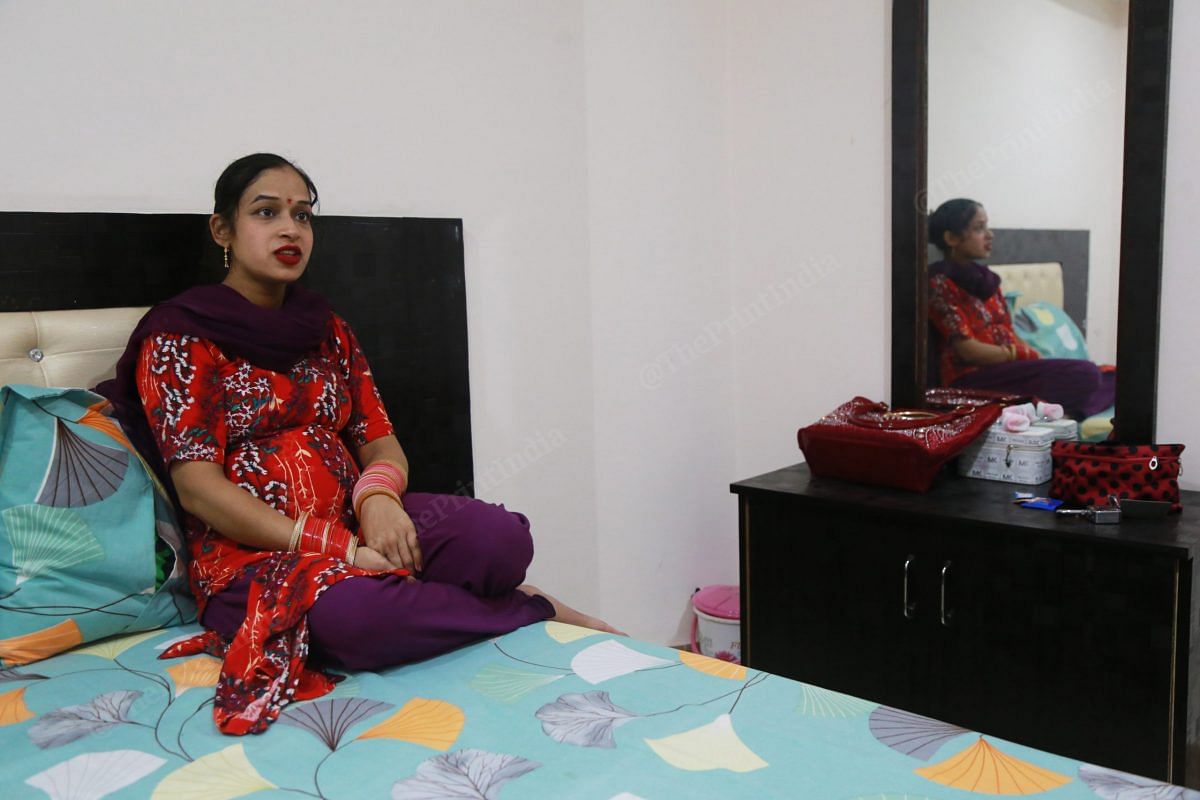
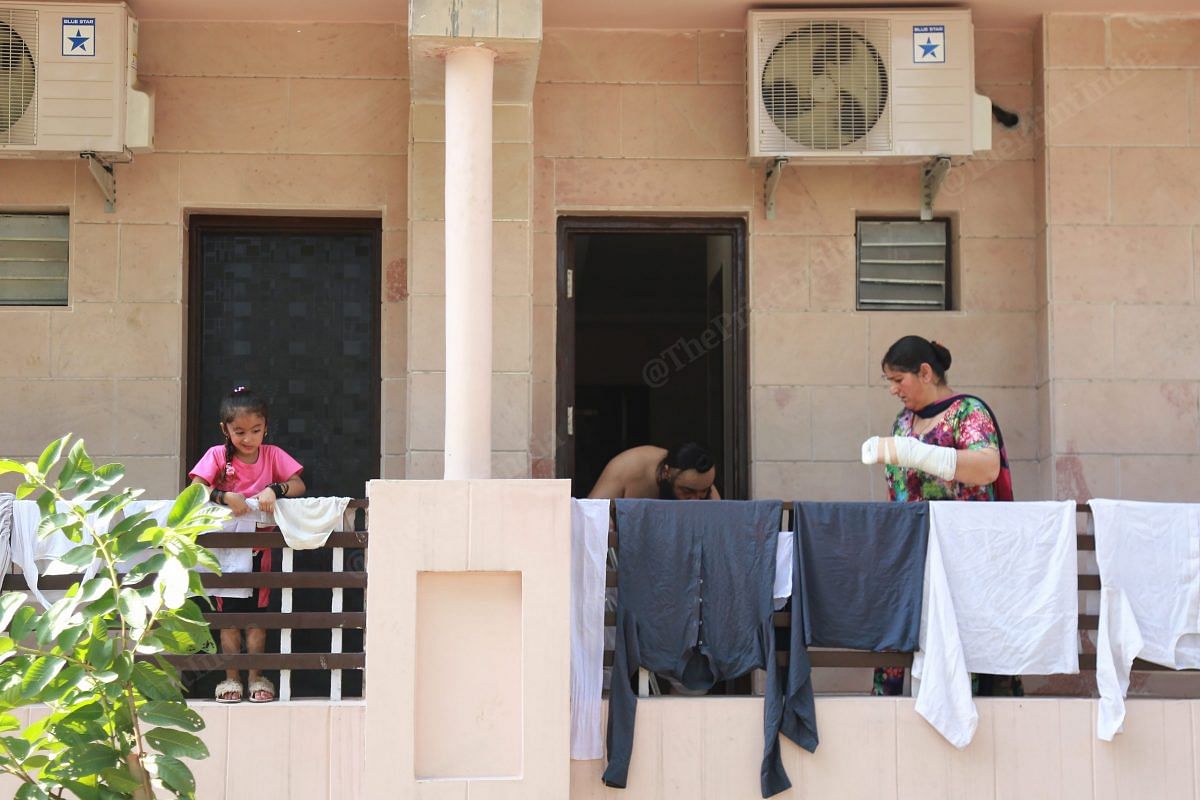


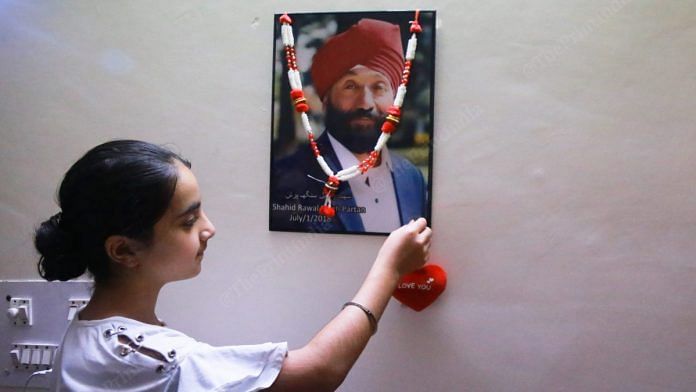

This is the sad reality of Islamic nations. No matter whether they are India’s friends or not, the state sponsored hatred and violence targeting adherents of Indic religions (Sikhism, Hinduism, Buddhism, etc.) is the reality of life. Their claims to equal treatment and equal religious rights is a sham.
Unfortunately, the Western liberal/secular cabal, instead of focusing on the plight and misery of non-Muslims in Islamic nations, chooses to hound genuine secular democracies such as the US, UK, India and France.
What kind of journalism is this , finding fault in everything in India , presently they are living in Gurudwara and looked well after by Sikh brothers, Government of India and Sikh community doing their best , why this head line grabbing negative journalism.